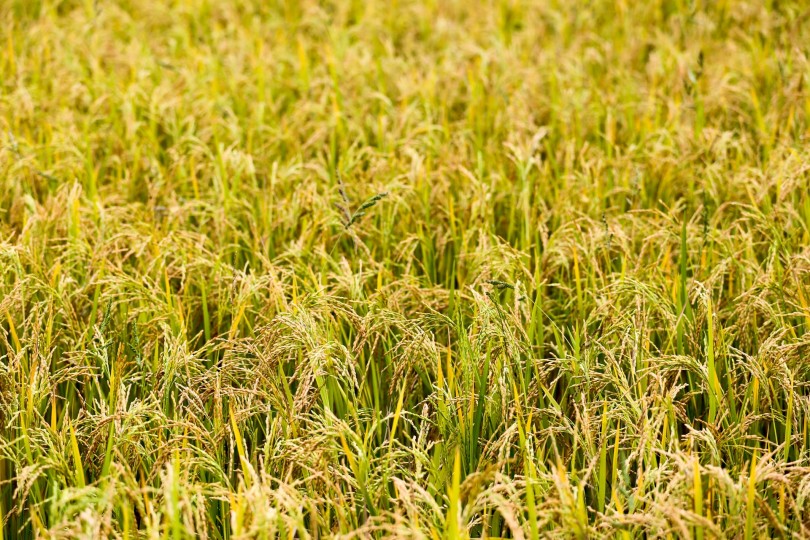22 Apr 24
Lab ChatLabworx
The Global News Source for the World of Science and Chemicals
How to grow RICE in the Desert?
05 July 2020
Lab Chat
With almost year-round sun and summer temperatures in excess of 50°C, the UAE is not known for its arable land nor its climate conducive to crop cultivation. It’s for that reason that the country imports more than 90% of its food needs, something which the government has been trying to address in the last few years.
In recent months, the logistical challenges imposed by coronavirus prevention measures have strained international supply chains, providing impetus to the UAE’s mission to become more self-sustaining. By teaming up with the South Korean Rural Development Administration and learning from their experiences, farmers in Sharjah have been able to successfully farm two tonnes (1,700kg) of rice. Adapting to the conditions
In order to circumnavigate the difficult atmospheric conditions found in the country, the Emirati Ministry of Climate Change and Environment enlisted the help of experts from other parts of the world who have already overcome similar challenges. For the South Korean project, they selected Asemi rice, which is famed for its hardy nature and ability to withstand the extreme temperatures and salty soils found in eastern Asia.
As well as choosing the right crop, UAE farmers must be careful to employ the right techniques. They are keen to learn from the mistakes (as well as the successes) of others, highlighting the use of rotary sprinklers in Saudi Arabia which squandered the country’s paltry reserves of groundwater over a number of decades.
Instead of spraying the crops from above, the South Korean project adopted a subterranean irrigation system which dripped from below. This allowed for optimal use of the precious resource, while the farmers were also able to use desalinated water rather than depleting their meagre aquifer reserves.
Diversification is the key
While it may be difficult for environmental controls to prevent another pandemic from occurring in the future, the UAE is keen to safeguard its economy and its population against the worst consequences of a repeat performance. The South Korean project is just one a number of initiatives designed to shore up its food security. Other irons in the fire include the pursuit of vertical farming and the use of technology to optimise agricultural practices.
Having said that, the Emirates are still planning to import for the foreseeable future. At present, the UAE owns farms and food producing facilities in over 60 countries around the world and the government has indicated it is not averse to investing further. “We’re going to ensure that our international agreements, our international alliances, are more solid than before,” explained Thani bin Ahmed Al Zeyoudi, the Climate Minister.
Thanks to that prudent approach, the UAE performs admirably in global food security rankings, as compiled by the 2019 Global Food Security Index. In last year’s edition, the country came in 21st place, tied with Japan, even despite its heavy reliance on overseas imports.
DOWNLOAD PDF

2 Day Seminar Program
@ ArabLab+ 2024
24 & 25 September 2024
Your stay in Dubai
Labkit
Product News
Chemkit
Product News
Thinking about exhibiting at ARABLAB 2024? Watch our video to find out more.
Join the world’s leading organisations…
Get in touch and stay in touch…
Join our mailing list and receive the ARABLAB newsletter and event updates.





















